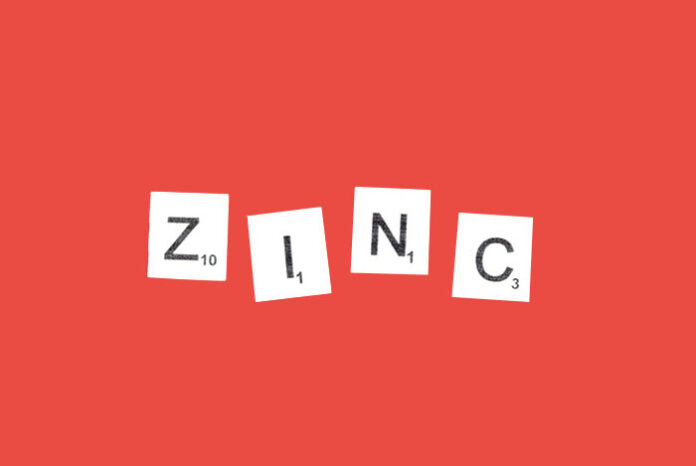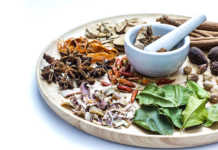
WHY IS ZINC SO IMPORTANT?
Zinc plays a vital role in protecting the body. Making sure that you’re getting enough on a daily basis contributes to a number of health conditions including shielding you from viruses, keeping the prostate gland healthy, even helping the pancreas make insulin and regulate blood sugar levels.
It’s an essential mineral that is present in every cell in the body. High amounts of zinc are found in red and white blood cells, bones, kidneys, liver, pancreas, retina and the prostate gland. It is a component of hundreds of enzymes. Zinc encourages a healthy immune system, is necessary for wound healing, helps maintain your senses of taste and smell, and is needed for DNA synthesis. Supplementing with zinc also supports optimal growth and development of a fetus during pregnancy, and of our bodies during childhood and adolescence, as well prevents childhood infections.
WHO IS AT RISK FOR ZINC DEFICIENCY?
Zinc deficiency happens when there is an inadequate dietary caloric intake, poor absorption into our systems or when the body’s requirement increases. Some conditions can bring on zinc deficiency such as diarrhea, alcoholism, vegetarianism, as well as digestive disorders and diseases including short bowel syndrome, celiac disease and Crohn’s disease. Having a lot of iron in your diet can also put you at risk. Researchers have found that taking iron supplements greater than 25 mg per day, negatively affects zinc absorption. However, this can be avoided by taking iron supplements between meals.
Deficiencies can also be caused by some prescription medications. Women taking oral contraceptives, hormone replacement therapy or osteoporosis medication are at an increased risk for zinc deficiency and may require supplements.
ZINC SIDE EFFECTS AND TOXICITY
As the saying goes, everything in moderation. Consuming too much zinc can lead to problems as well, such as nausea, vomiting, diarrhea, metallic taste in the mouth, kidney and stomach damage, plus other symptoms. Zinc can also interfere with copper absorption, causing a subsequent copper deficiency. To help avoid this, your daily supplement should contain 1 to 2 mg of copper. Regular daily dosages over 60 mg should be avoided to prevent side effects.
SUPPLEMENTING WITH ZINC
There are many different types of zinc supplements to choose from. One of the most popular are zinc lozenges, used as a first defense against colds and sore throats.
The Recommended Dietary Allowance (RDA) for zinc is 11 mg per day for men and 8 mg per day for women. However, people who are zinc deficient, eating a diet low in zinc or have a condition that requires an increased amount, should take 15 mg of zinc daily. Also due to the lower absorption naturally found in plants, vegetarians may need about 50 per cent more zinc each day.
DIETARY SOURCES OF ZINC
• liver
• poultry or red meats
• oysters
• beans
• wheat germ
• whole grains
• sunflower seeds
• pumpkin seeds
• almonds and other nuts
SIGNS OF ZINC DEFICIENCY
• diarrhea
• loss of appetite
• taste abnormalities
• hair loss
• poor wound healing
• weakened immune system
• growth retardation
• delayed sexual maturation and impotence
• male infertility










